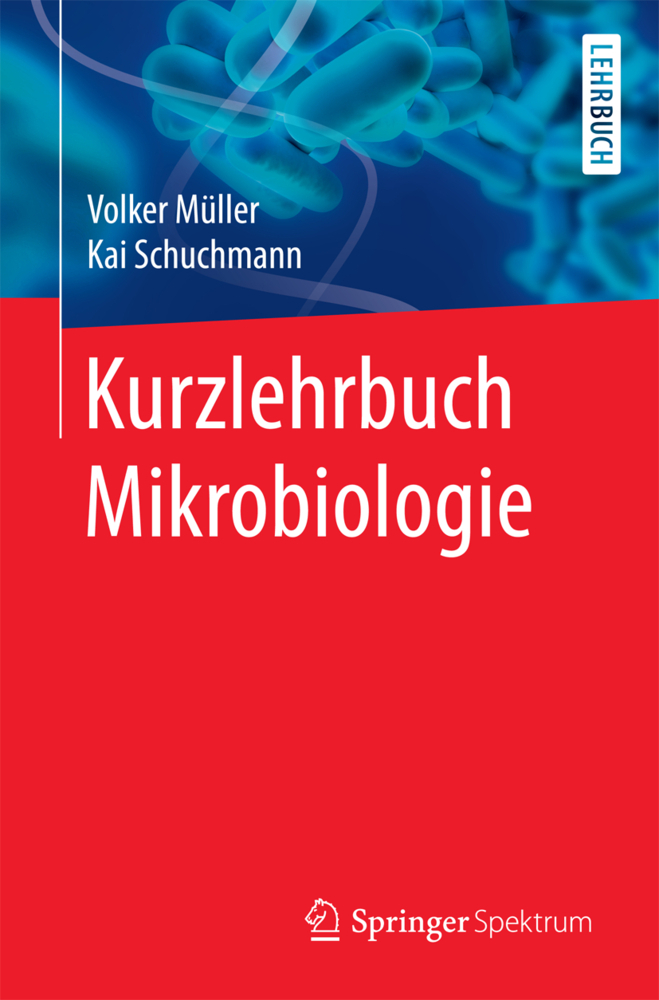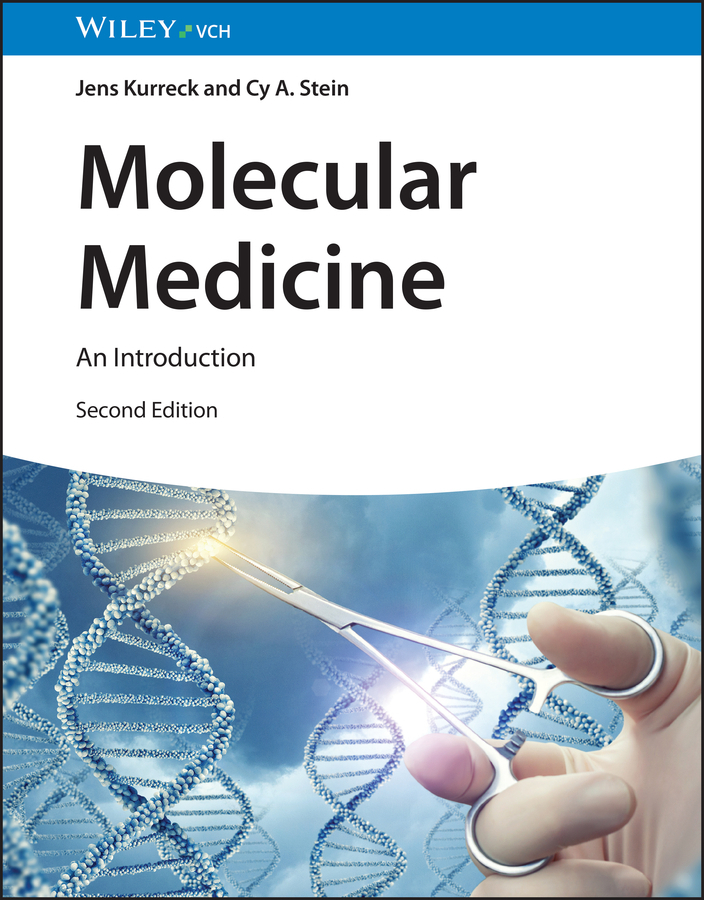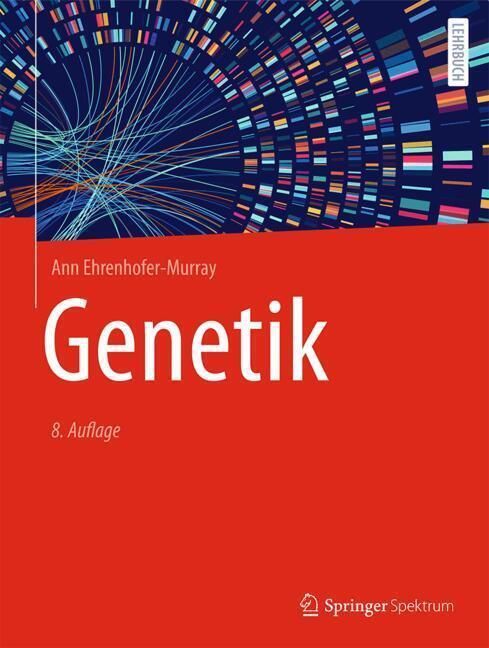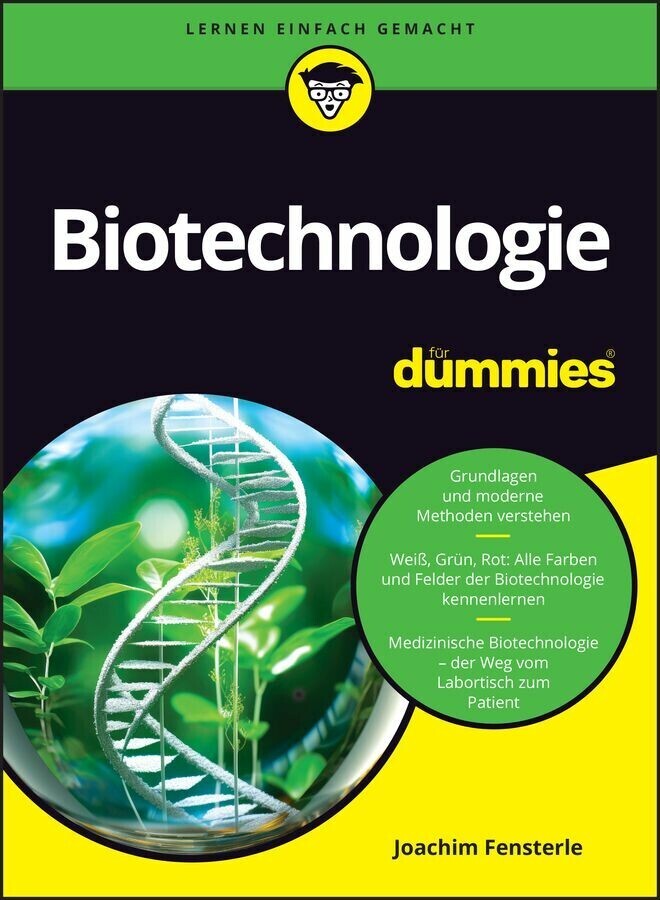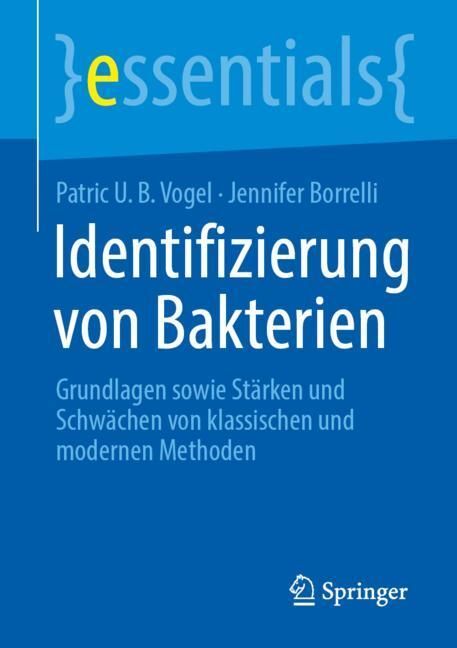Tumor Microenvironment
Revealing essential roles of the tumor microenvironment in cancer progression, this book provides a comprehensive overview of the latest research on the role of interleukins in the tumor microenvironment. Each chapter focuses on the various ways to target the tumor microenvironment by intervention in the interleukin biology, including IL-1, IL-8, IL-21, IL-36 signaling, and more.
Taken alongside its companion volumes, Tumor Microenvironment: The Role of Interleukins - Part A updates us on what we know about various aspects of the tumor microenvironment, as well as future directions. This book is essential reading for advanced cell biology and cancer biology students as well as researchers seeking an update on research in the tumor microenvironment.
?Alexander Birbrair received his Bachelor's Biomedical degree from Santa Cruz State University in Brazil. He moved to North Carolina, where he finished his PhD in Neuroscience under the mentorship of Osvaldo Delbono. Then, he joined as a posdoc in Stem Cell Biology at Paul Frenette's laboratory at Albert Einstein School of Medicine. In 2016, he was appointed faculty at Federal University of Minas Gerais in Brazil, where he started his own lab. His laboratory is interested in understanding how the cellular components of different tissues function and control disease progression. His group explores the roles of specific cell populations in the tissue microenvironment by using state-of-the-art techniques. His research is funded by the Serrapilheira Institute, CNPq, CAPES, and FAPEMIG. In 2018, Alexander was elected affiliate member of the Brazilian Academy of Sciences (ABC), and, in 2019, he was elected member of the Global Young Academy (GYA).
Birbrair, Alexander
| ISBN | 9783030383152 |
|---|---|
| Artikelnummer | 9783030383152 |
| Medientyp | E-Book - PDF |
| Copyrightjahr | 2020 |
| Verlag | Springer-Verlag |
| Umfang | 115 Seiten |
| Sprache | Englisch |
| Kopierschutz | Digitales Wasserzeichen |





